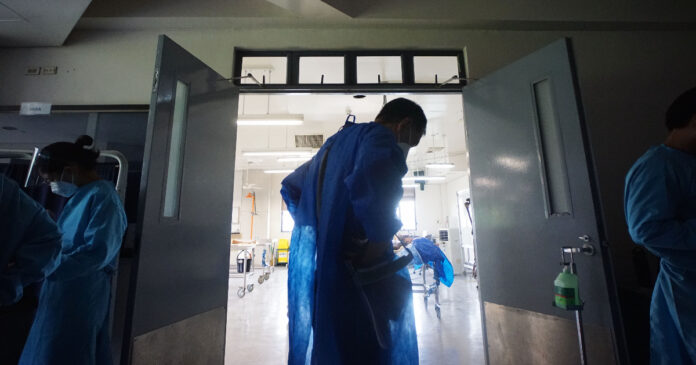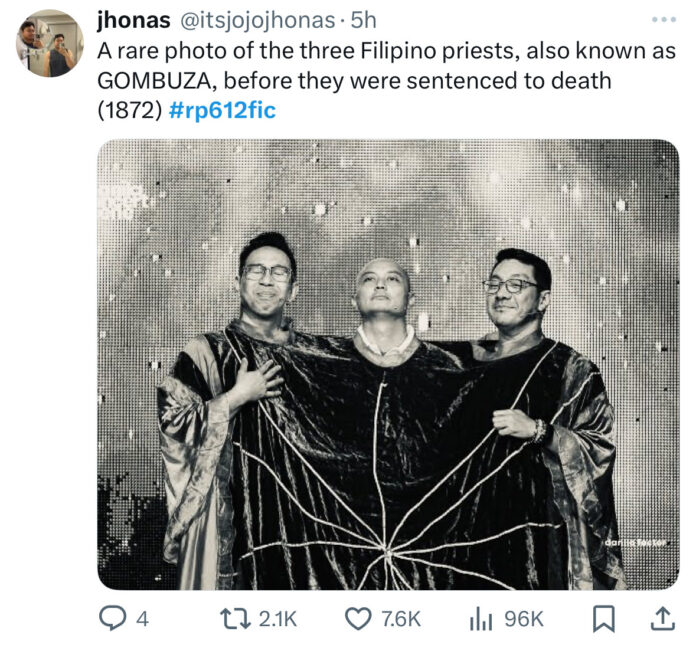Researchers from Ateneo de Manila University, University of the Philippines Manila, and the Benguet Provincial Government Unit warn that Filipinos graduating with a degree in nursing or medicine face bleak career prospects in terms of stable employment, fair pay, and meaningful roles in the local public health system.
According to the researchers, the Philippines faces a mass shortage of health professionals, with less than eight doctors per 10,000 people—below the international standard of 10 per 10,000. This is on top of over 127,000 vacancies for nurses, particularly in rural areas and private facilities.
The study titled “Health workforce issues and recommended practices in the implementation of Universal Health Coverage in the Philippines: a qualitative study” found that many new graduates feel “lost and unsupported” entering the workforce.
“I finished my MD from one of the best schools in the country… But when I worked here, it was an entirely different ballgame. We weren’t trained how to deal with the local administration and procurement, how to talk to local chief executives. I wasn’t prepared nor trained for this—but this is how we make things happen,” a municipal health officer assigned to a remote area said.
Many of the study’s interviewees expressed that the country’s medical and nursing education system is too focused on hospital-based care. This reportedly left them “ill-prepared” to handle community work, government systems, and health programs.
Moreover, many health facilities cite restrictive hiring rules and budget ceilings as obstacles in filling vacant posts.
Local government units (LGUs), for instance, must allocate no more than 45 percent of their annual budget to salaries. Consequently, overworked nurses take on multiple roles and often without additional pay.
Fresh graduates willing to serve in the public sector now face being unqualified under strict civil service requirements or are offered short-term contracts with no job security or clear path for career growth.
Private facilities likewise struggle to match government pay scales, as both sectors lose workers to higher-paying jobs abroad.
“The nurses we lost are our best nurses… It is painful that the trained ones are the ones who leave. The ones left with us are either the new ones or the very old,” a hospital administrator said.
The study also found that training is a problem as local medical facilities and their staff need to meet new standards aligned with the Universal Health Care (UHC) Law.
However, clinics report being forced to pay out of pocket for training fees and accreditation requirements, sometimes spending over P50,000, while getting only P2,000 reimbursed by the government.
The researchers believe a healthcare career is still worth pursuing, but only if key reforms are made. These include scholarships with return service agreements, better integration of community health in school curricula, less restrictive hiring policies, and stronger support for newly deployed health workers.









